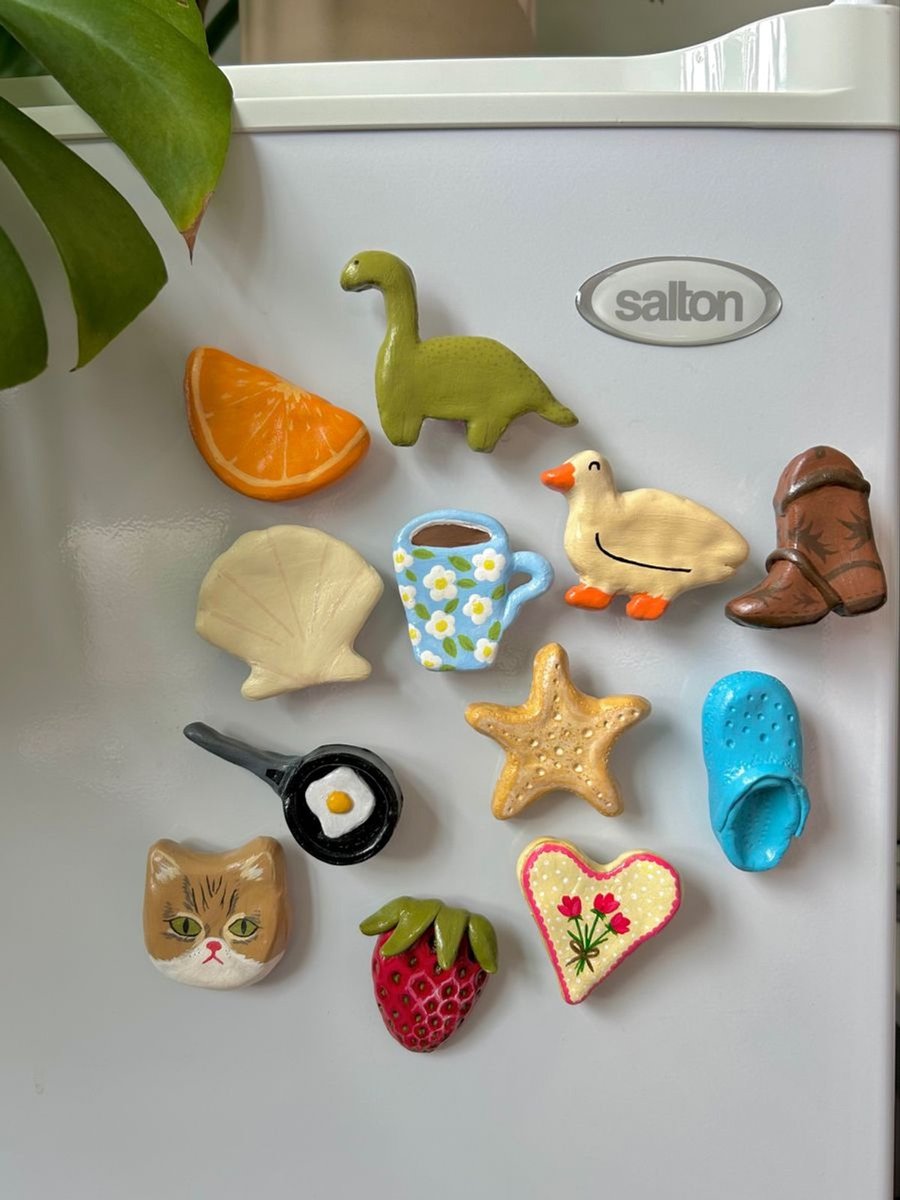
I used to devour books like they were going extinct. Now I can't remember why I walked into a room.
I thrived on being the smart girl — the one who actually enjoyed history essays and unpacking an author's thematic choices in English. I'd max out my library card on every visit, happily wishing goodnight to my mum before turning the lamp back on and reading under the covers.
I yearned to know as much about the world as I could; to soak up all the stories, past, present and fictional.
There's no standout lightbulb moment where I went, 'Aha, I'm getting dumber'. It's been a slow, insidious decline that I barely noticed until it was too late.
Now? I struggle to remember what I did on the weekend when someone asks.
Listen to Mamamia Out Loud discuss brain rot and how to reverse it. Post continues below.
The symptoms are everywhere: scrolling more than reading. Struggling to get through movies without picking up my phone. Choosing TV shows with fewer episodes because my attention span can't handle commitment. Reaching for TikTok the moment I have free time, like a reflex I can't control.
Meanwhile, I know I want new hobbies to try, new skills to master. Yet I still reach for my phone time and time again, like I'm trapped in some digital Groundhog Day.
It's maddening. And I know I'm not alone.
Writer Kylee explored this exact feeling in a recent Substack piece, unrot your brain unpacking how she found herself experiencing what she describes as post-grad decay.





























































































